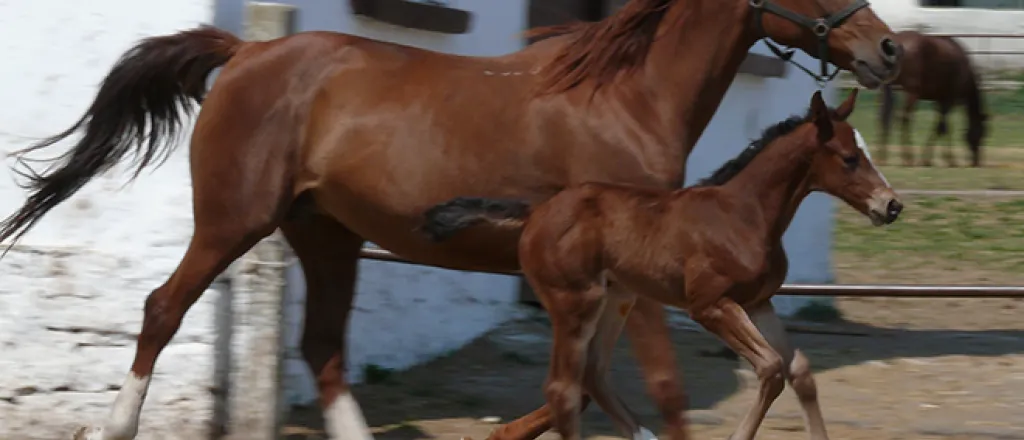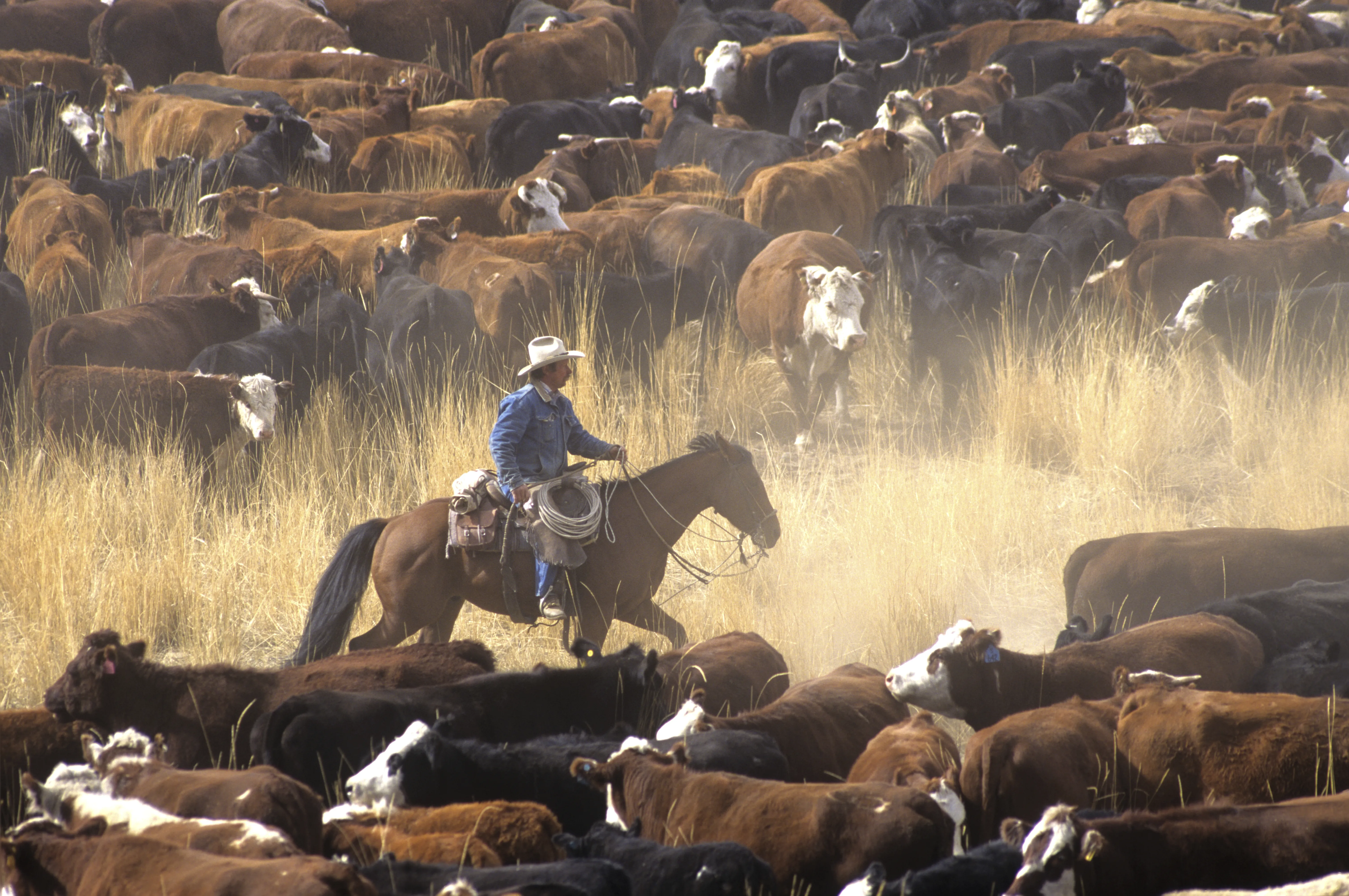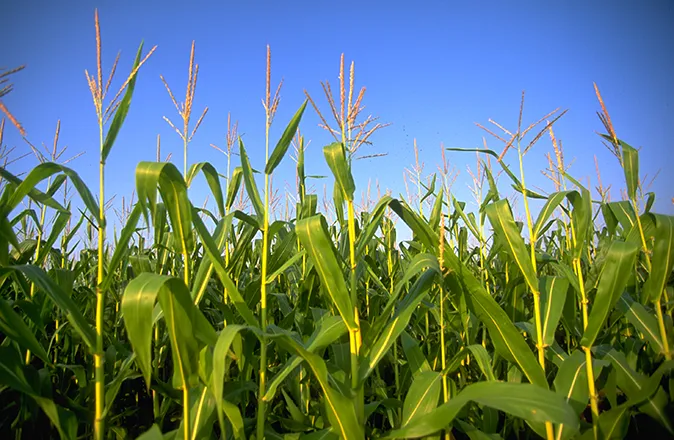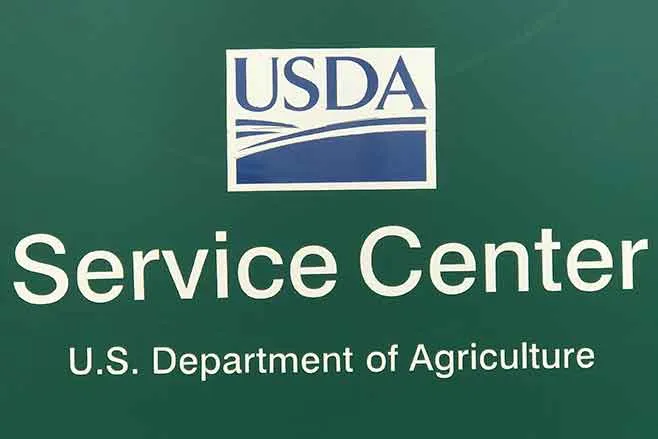
Third horse with Equine Anemia found in Colorado
The Colorado Department of Agriculture’s, State Veterinarian’s Office, has been notified that a third Colorado horse has tested positive for Equine Infectious Anemia (EIA). The investigation is ongoing but appears to be unrelated to the prior two cases of EIA in Colorado this year. After initial test results were received, confirmatory testing was completed at the National Veterinary Services Laboratory (NVSL) in Ames, Iowa, November 2, 2018.
“The current risk to the general equine population is low at this time, given that we are nearing the end of vector season in Colorado. This disease occurrence also highlights the importance of disease prevention practices, such as not sharing needles, syringes, tack, and equipment along with routine testing for EIA,” said State Veterinarian, Dr. Keith Roehr.
The horse was tested at a veterinary clinic in Weld County as part of a pre-purchase examination under the buyer’s name. This horse allegedly participated in unsanctioned horse races. The investigation into the current location of the horse is ongoing.
A negative EIA test (Coggins) is required to cross state lines in the United States. It also is recommended that all equestrian shows, rodeos, fairs, and other equine events consider requiring a negative Coggins for entry, even if the horses haven’t crossed state lines. Coggins tests are also recommended as an important component of a pre-purchase exam.
Update on Prior Cases
- August 2018 EIA Investigation: The index premises in Weld County and two associated premises have been released from their quarantine and hold orders. 149 exposed horses have been located in Colorado (out of the 149 that we determined to be in the State) at 66 different locations. Fifty hold orders have been lifted in Colorado;.16 hold orders remain in Adams, Arapahoe, Boulder, Douglas, Elbert, Huerfano, Jefferson, Larimer, Phillips, and Weld counties until final testing is completed. 76 exposed horses have been located in 12 other states.
- September 2018 EIA Investigation: The index premises remains under quarantine with the 60-day retest in late November. Sixteen exposed horses on the index location tested negative.















